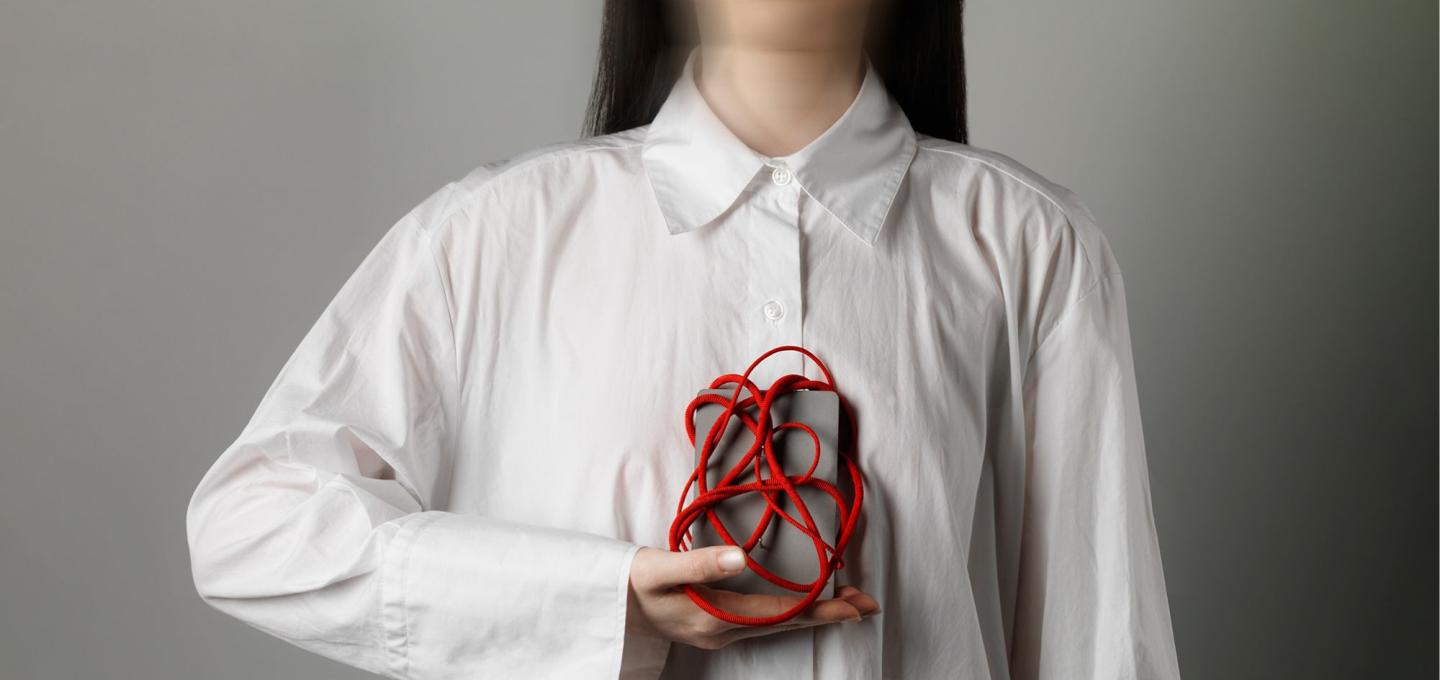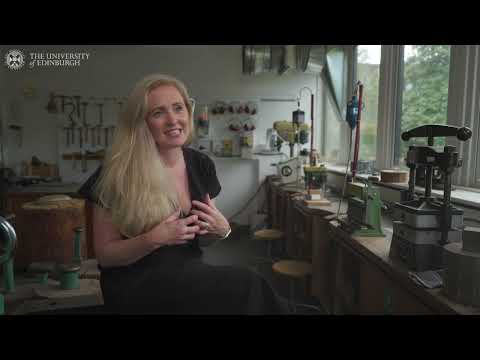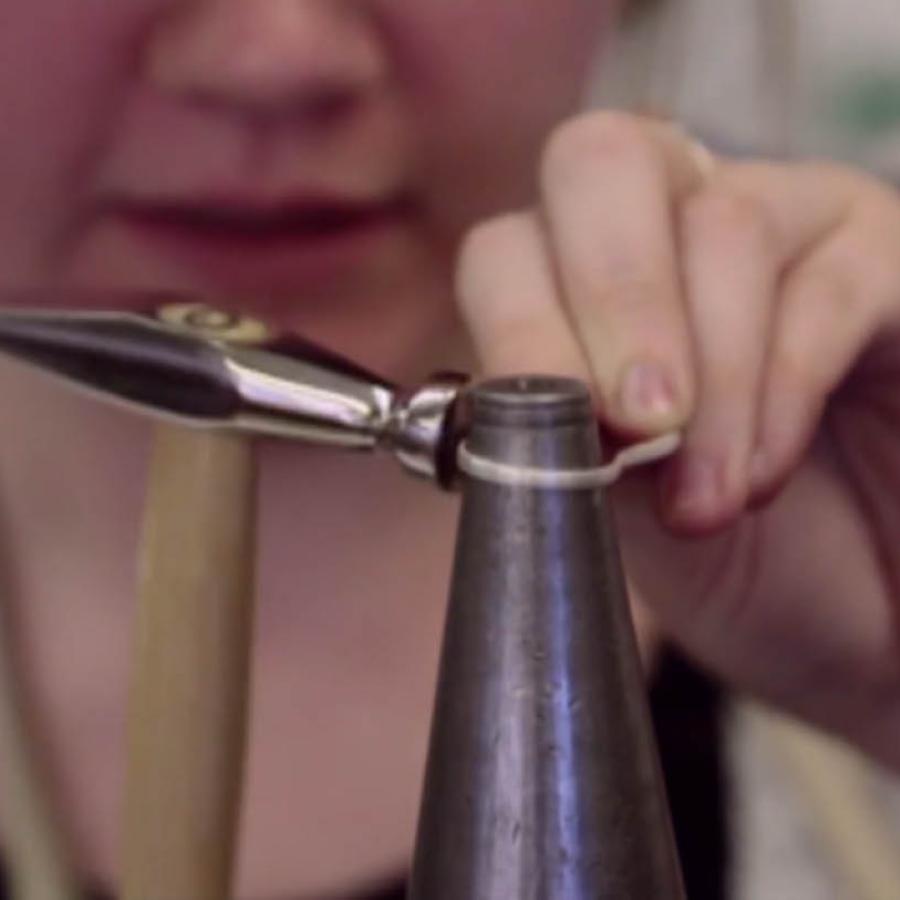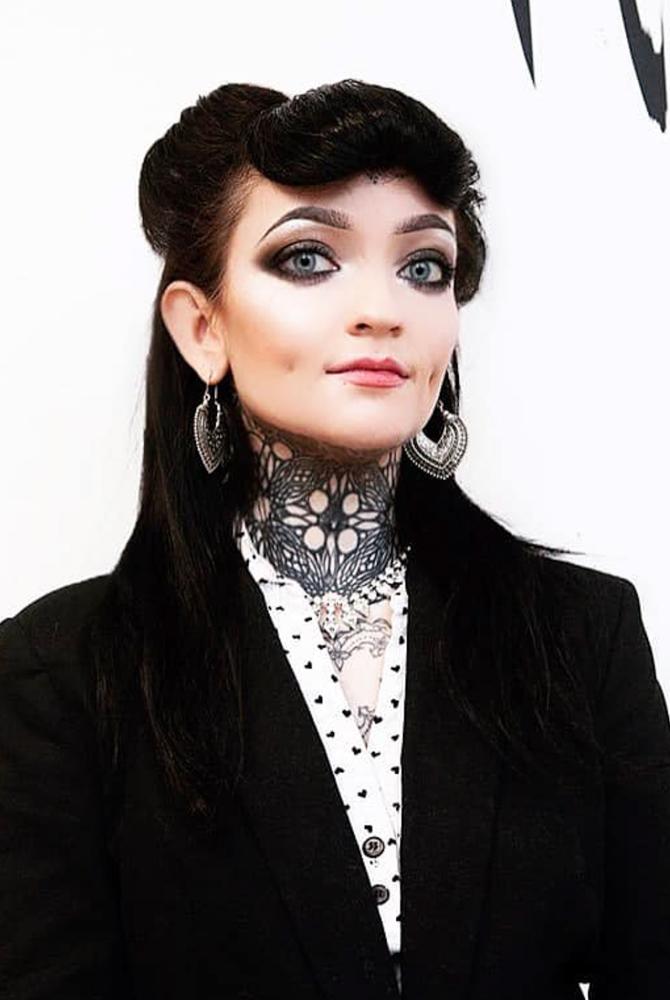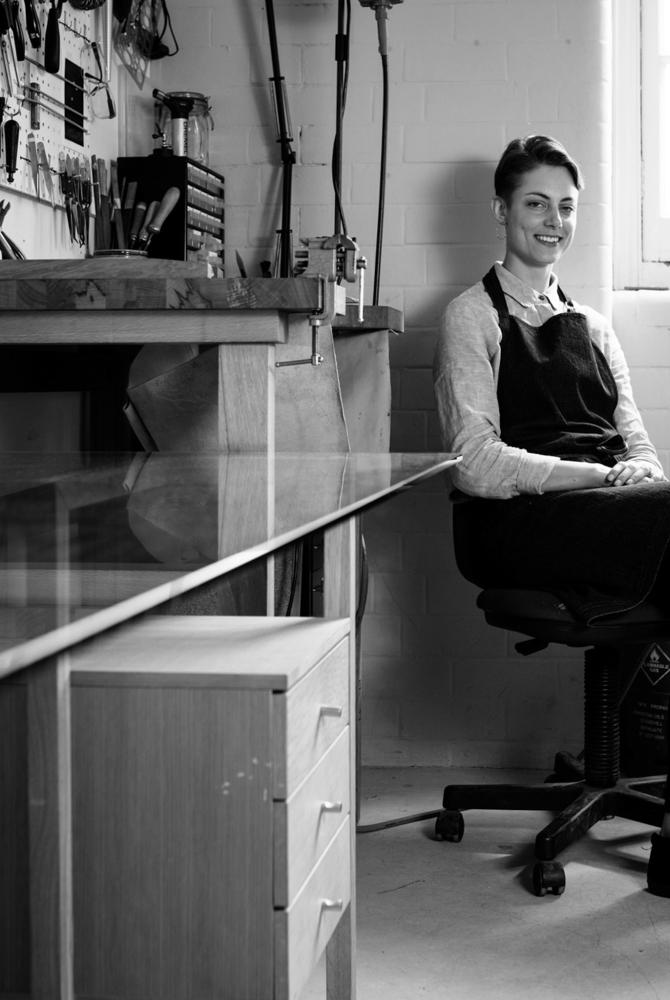Outline
The Craft MA programme offers a rich and diverse postgraduate study experience focusing on the intersection between craft practice and digital technologies.
Our programme aims to provide you with the freedom to develop your critical making practice through both independent and collaborative study. You will explore new ways of thinking about craft by critically challenging social, environmental, or political norms in innovative, provocative, or speculative ways.
Your student experience will encompass hands-on practice, heightened sensory perception, and a contextual understanding of new making economies. The programme has been designed to encourage your personal growth, to advance your craft skills and expertise, and to hone your conceptual reasoning.
You will be encouraged to embrace a cross-disciplinary approach to your making practice, through the disciplines of:
- ceramics
- glass
- textiles
- jewellery
- silversmithing
You will consider various complementary materials in your making practice, such as:
- wood
- paper
- plant fibres
- stone
- leather
- precious metals
- plastics
- synthetics
This approach will provide a well-rounded education in craft, allowing you to explore the intersections and connections between different craft disciplines.
Is the MA Craft for me?
This programme is tailored towards designer-makers. Throughout the programme, you will be encouraged to explore a variety of craft practices alongside a range of new and emerging digital technologies.
We welcome applicants with diverse approaches to the craft discipline, from both academic and professional backgrounds.
To find out more about this course, visit our Degree Finder: Craft.


